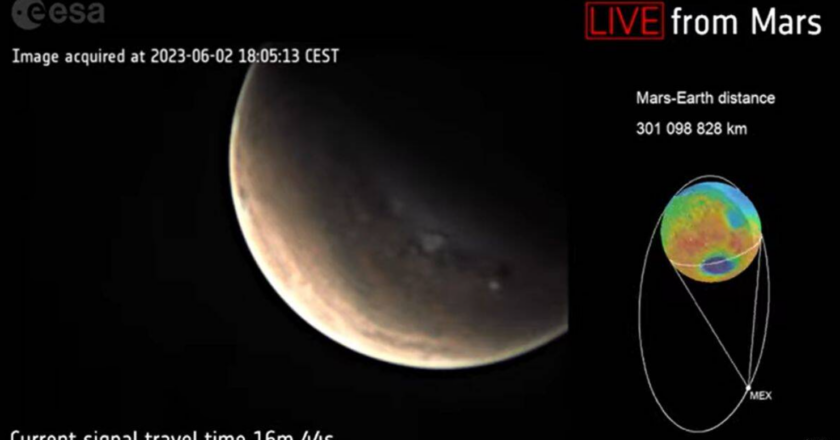According to a study, makers of deadly “forever chemical” PFAs concealed concerns 2023
Last year, scientists found that "per- and poly-fluoroalkyl substances," or "forever chemicals," might poison rainfall worldwide, making it unsafe for human consumption.
A study of previously secret industry records has shown that these chemical manufacturers knew about the hazards but suppressed that knowledge.
The investigation examined DuPont and 3M PFA papers.
Industry papers demonstrate that PFAS was "highly toxic when inhaled and moderately toxic when ingested" by 1970, forty years before the public health community.
"The industry used several strategies that have been shown commonly to tobacco, pharmaceutical, and other industries to influence science and regulation, most notably suppressing unfavorable research and distorting public discourse," the researchers wrote...








